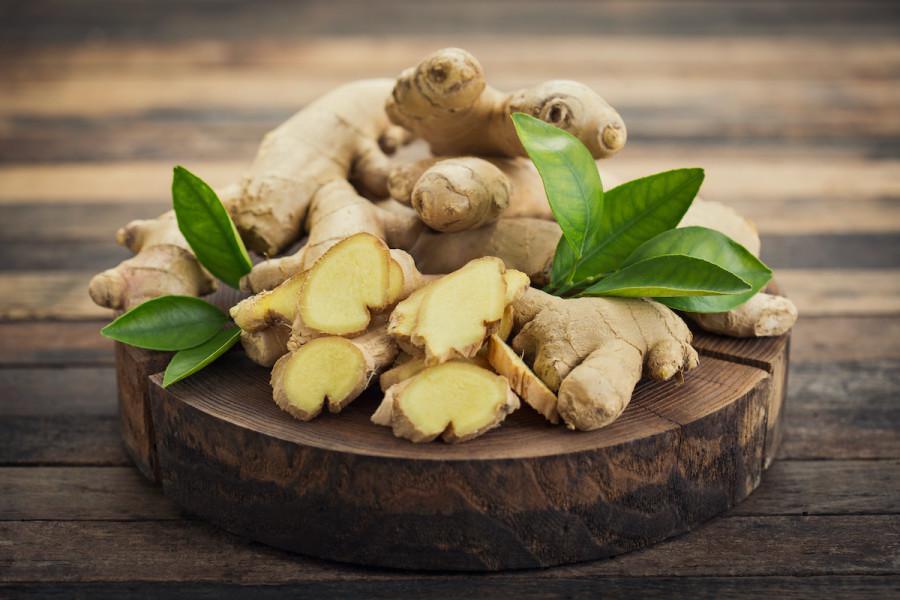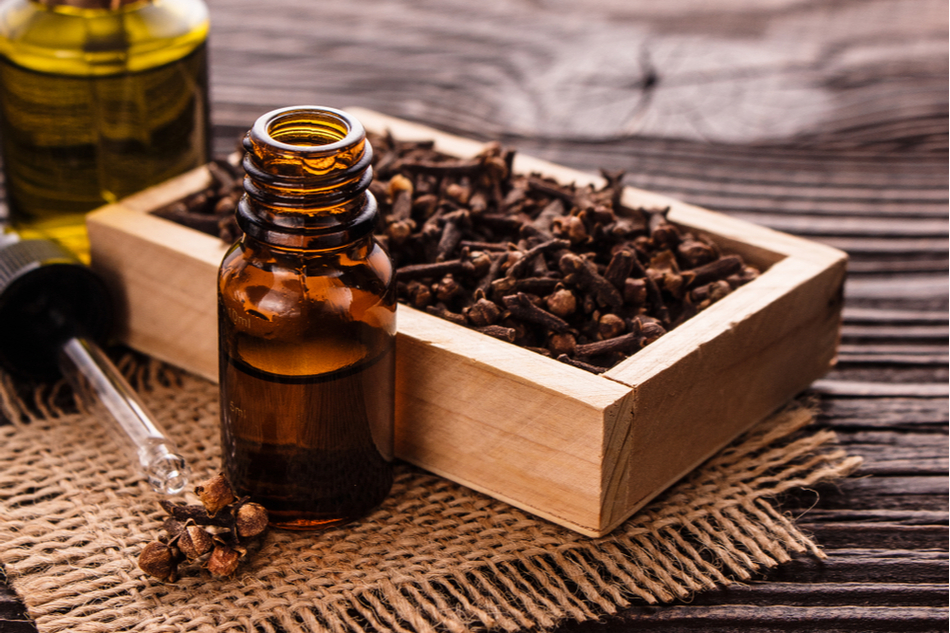Ginger Power: Natural Relief for Menstrual Cramps
Best Healthy Weight Loss
🛒 Buy Here: https://bit.ly/49J02E6
When it comes to relieving menstrual cramps, many women seek natural remedies that are both effective and easy to incorporate into their daily routine. Among the plethora of natural options available, ginger stands out as a potent and scientifically supported choice. Let’s explore how ginger can be your go-to remedy for menstrual cramps, backed by both tradition and modern research.
Introduction
Menstrual cramps, or dysmenorrhea, affect a significant percentage of women, making their monthly cycle a time of discomfort and pain. While over-the-counter medications like ibuprofen are commonly used, the search for natural remedies has led many to explore alternatives that are both safe and effective. One such remedy that has gained popularity is ginger. This humble root has been used for centuries in traditional medicine, and now, modern research is uncovering its powerful potential in alleviating menstrual cramps.
Understanding Menstrual Cramps
What Causes Menstrual Cramps?
Menstrual cramps occur due to the contraction of the uterus during menstruation. These contractions are triggered by the release of prostaglandins, hormone-like substances that promote inflammation and pain. The intensity of cramps can vary, with some women experiencing mild discomfort while others suffer from severe pain that interferes with daily activities.
Symptoms Associated with Menstrual Cramps
- Throbbing or cramping pain in the lower abdomen
- Pain that radiates to the lower back and thighs
- Nausea and vomiting
- Diarrhea
- Fatigue
- Headaches
Common Treatments for Menstrual Cramps
- Nonsteroidal anti-inflammatory drugs (NSAIDs)
- Hormonal birth control
- Heat therapy (e.g., heating pads)
- Lifestyle changes (e.g., exercise, diet)
While these treatments can be effective, they may not be suitable for everyone, and some women prefer to avoid pharmaceuticals. This is where natural remedies like ginger come into play.
The Magic of Ginger
Historical Use of Ginger for Health
Ginger (Zingiber officinale) has been a staple in traditional medicine for thousands of years. It has been used to treat a variety of ailments, including nausea, digestive issues, and inflammatory conditions. Its warming properties and ability to improve circulation made it a popular choice for alleviating pain and discomfort.
Scientific Research Supporting Ginger’s Benefits
Recent studies have confirmed what traditional healers have known for centuries: ginger is a powerful anti-inflammatory and analgesic agent. Research has shown that ginger can reduce the production of prostaglandins, the compounds responsible for pain and inflammation during menstruation. In one study, women who took ginger capsules during the first few days of their menstrual cycle experienced significant relief from cramps compared to those who took a placebo.
How Ginger Specifically Helps with Menstrual Cramps
Ginger works by inhibiting the production of prostaglandins and leukotrienes, both of which are involved in the inflammatory response. By reducing the levels of these substances, ginger can help to ease the intensity of uterine contractions, leading to less pain and discomfort. Additionally, ginger’s ability to improve blood flow can help to alleviate the associated symptoms of cramps, such as headaches and fatigue.
How to Use Ginger for Menstrual Cramps
Ginger Tea: A Soothing Brew
One of the most popular ways to consume ginger is in the form of tea. Simply steep fresh ginger slices in hot water for 10-15 minutes, add honey or lemon for taste, and sip slowly. This warm beverage not only soothes cramps but also helps with nausea and digestive issues that often accompany menstruation.
Ginger Capsules: Convenient Relief
For those who prefer a more convenient option, ginger capsules are readily available in health stores and online. These capsules contain concentrated ginger extract, making it easy to get a therapeutic dose without the need to prepare a tea or meal.
Ginger in Your Diet: Incorporating it Into Meals
Another way to enjoy the benefits of ginger is by adding it to your meals. Grated ginger can be used in soups, stir-fries, smoothies, and even desserts. Regular consumption of ginger in your diet can provide ongoing relief and contribute to overall health.
Ginger Essential Oil: Topical Application
Ginger essential oil can be used topically to relieve menstrual cramps. Simply dilute a few drops of ginger oil in a carrier oil (like coconut or almond oil) and massage it into the lower abdomen. The warming sensation can provide immediate relief from pain.
Dosage and Safety Considerations
Recommended Dosages of Ginger for Menstrual Cramps
The recommended dosage of ginger for menstrual cramps varies depending on the form used. For ginger tea, 1-2 cups per day during menstruation are usually sufficient. For capsules, a common dose is 250-500 mg taken three times a day during the first few days of the menstrual cycle.
Potential Side Effects of Ginger
While ginger is generally considered safe, some individuals may experience mild side effects such as heartburn, diarrhea, or stomach discomfort. It is important to start with a small dose and monitor your body’s response.
Who Should Avoid Using Ginger?
Ginger may not be suitable for everyone. Pregnant women, individuals with gallstones, or those on blood-thinning medications should consult with a healthcare provider before using ginger as a remedy.
Ginger vs. Other Natural Remedies
Comparing Ginger to Other Herbal Remedies
Ginger is not the only herb used for menstrual cramps; others like cinnamon, turmeric, and fennel are also popular. However, ginger’s unique combination of anti-inflammatory and analgesic properties makes it particularly effective for relieving cramps.
Why Ginger Stands Out
Ginger’s versatility, ease of use, and scientific backing set it apart from other natural remedies. Whether consumed as a tea, taken in capsule form, or applied topically, ginger offers multiple avenues for relief.
Real-Life Experiences
Testimonials from Women Who Have Tried Ginger
Many women have turned to ginger as a natural solution for menstrual cramps, with positive results. “I was tired of relying on painkillers every month, so I decided to try ginger tea. It made a world of difference,” says Sarah, a 28-year-old teacher. Another user, Emily, shares, “Ginger capsules have become a staple in my menstrual care routine. They really help with the pain and the nausea.”
Success Stories
One study participant reported, “After using ginger for just two cycles, I noticed a significant reduction in my cramps. I didn’t need to reach for my usual painkillers.”
Frequently Asked Questions
Can I Use Ginger Alongside My Medication?
Yes, ginger can be used alongside most medications. However, it’s always best to consult with a healthcare provider if you are on blood thinners or other medications that might interact with ginger.
How Long Does It Take for Ginger to Relieve Cramps?
Ginger usually starts to work within 30 minutes to an hour of consumption. For best results, take it at the onset of your cramps.
Can Ginger Be Used Throughout the Menstrual Cycle?
Yes, ginger can be used throughout the menstrual cycle, but it is most effective when taken during the days leading up to and during menstruation.
What is the Best Form of Ginger for Menstrual Cramps?
The best form of ginger depends on your preference. Ginger tea is soothing and hydrating, while capsules offer a concentrated dose. Topical application
Best Healthy Weight Loss
🛒 Buy Here: https://bit.ly/49J02E6
Full Article Here: askchords.com
Other Article Here: askkenblogs.com











